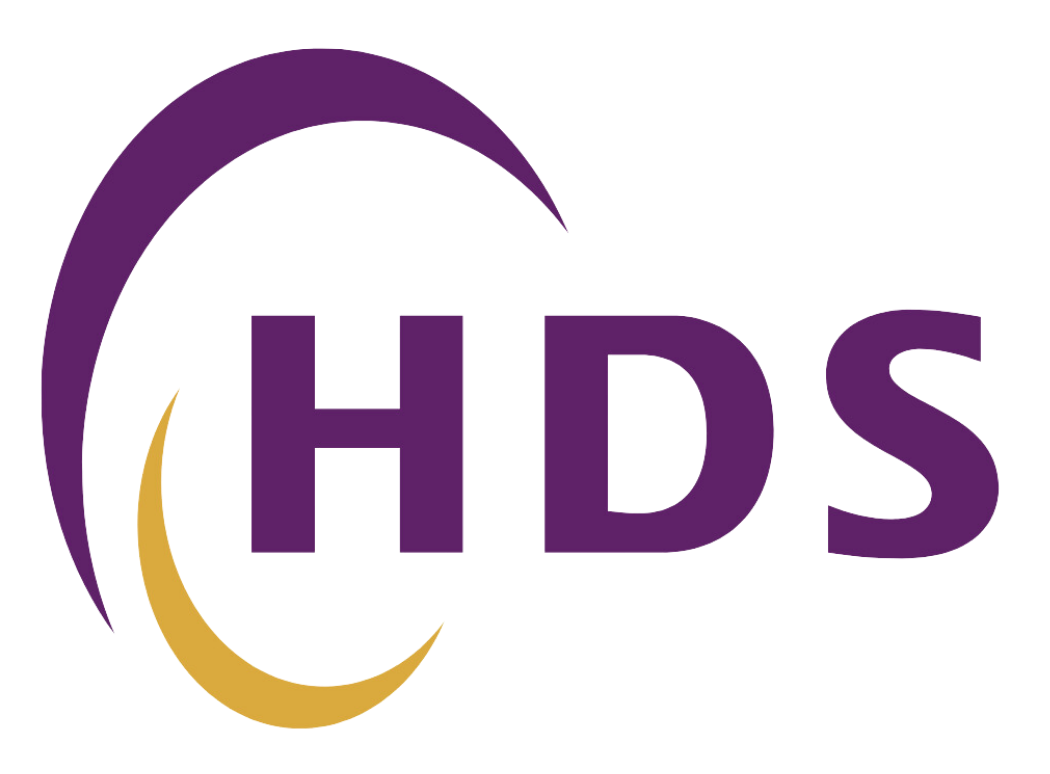Programs
Life Skills
The Life Skills Development Program assists clients who are deaf, intellectually disabled, or have mental health needs by improving daily living skills and fostering independence. It promotes self-growth through enhanced communication and social interaction. All staff are fluent in American Sign Language, knowledgeable about Deaf Culture, and trained to support this population. HDS programs also collaborate with the community, such as with students from the College of Osteopathic Medicine at Duquesne University and residents at UPMC Shadyside Family Medicine, who learn to accommodate deaf individuals in medical settings.
Contact: Dave Cummings, Director, Pittsburgh Life Skills, dcummings@hdscenter.org
Our program is designed to support clients in a variety of essential skill areas. In academics, clients build foundational reading, writing, and math skills. Instruction is tailored to individual proficiency levels - some may work on reading simple sentences, while others focus on solving multiplication problems.
Social skills development is another key focus. Clients gain social awareness and learn how to build meaningful interpersonal relationships. Training also includes workplace readiness - covering topics such as job interviews, appropriate work behavior, and understanding income.
In physical education, clients explore personal hygiene, nutrition, and basic human biology. They also engage in exercises that promote physical fitness and overall health.
Computer training is customized to accommodate various skill levels, ranging from basic typing to using programs like Microsoft Word and PowerPoint.
Finally, clients are introduced to Deaf culture, including American Sign Language and appropriate conversation etiquette. This helps foster respectful and effective communication within the Deaf community.

